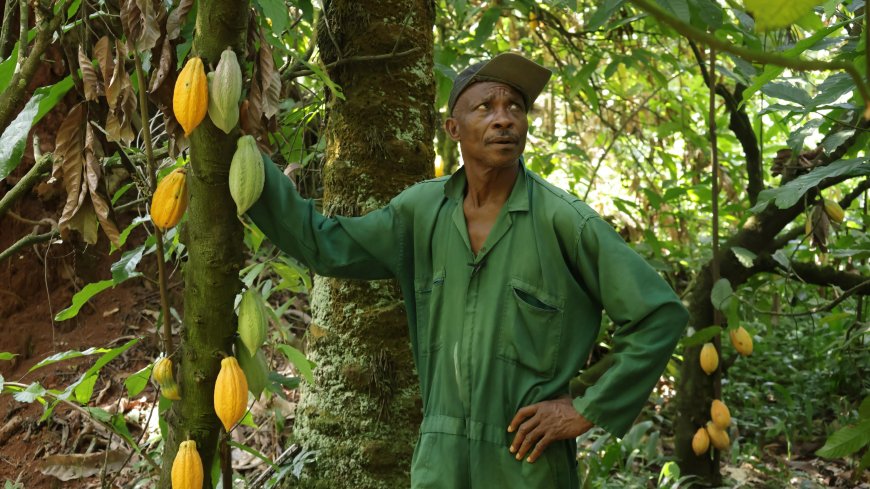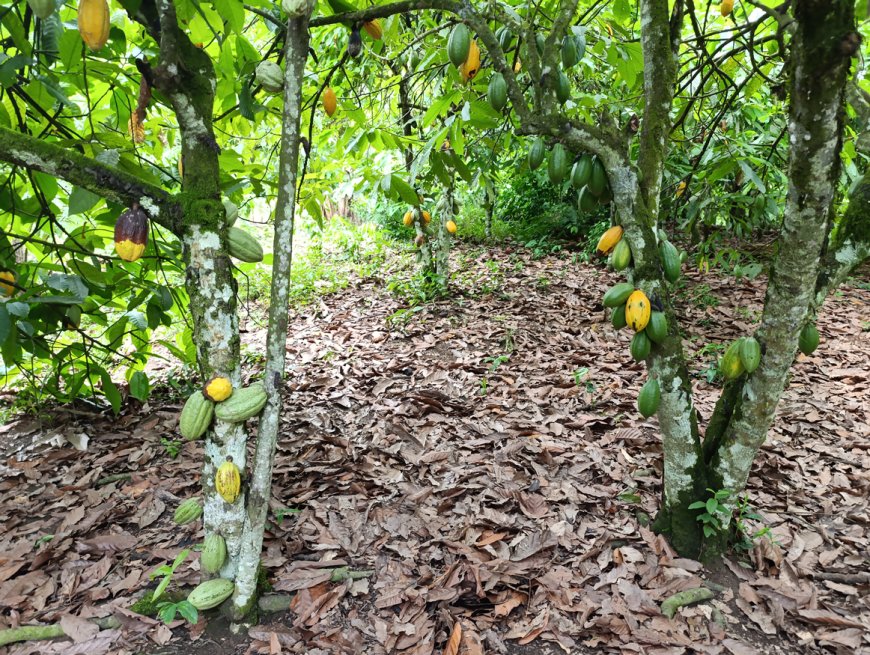How Climate Change Takes Toll On Nigeria’s Cocoa Farmers

Missang AKPET
Cocoa has become one of the major cash crops being cultivated in Nigeria with high return on investment.
In Cross River state where the crop is majorly produced, a kilogram of it currently goes for between 10,000 and 12,000. This has caused its production to increase in the past few years due to the attractive price.
This year, a research carried out by THE BEAGLE NEWS finds out that farmers are experiencing a lower yield, a situation which has been linked to effects of climate change.
Chief Abung Obaji is a major cocoa farmer in Okuni in Ikom local government of Cross River State, he says cocoa has invariably become the new black gold which has made farming so attractive even to the younger generation.
He reveals that though cocoa production is being affected by various natural phenomenon, farmers need to embrace new farming methods to achieve bumper yield, saying “a kilogram of Cocoa presently goes for around N10,000 in the local market while a bag is around N700,000.

Chief Abung Obaji
“With this, farmers are now millionaires and end more than most civil servants. This is because an average cocoa farmer can harvest 10 bags and above which will give you N7,000,000, and above meanwhile and average civil servant earns roughly N2million a year.
“This has made farming more attractive with most youths this days abandoning white collar jobs for the farm.”
Man activities especially deforestation disrupts local weather patterns thereby causing carbon emissions, contributing to global climate change.
As weather patterns evolve, like high temperatures and droughts, farmers yield tend to depreciate following effects of the climate change.
Chief Abung described the situation as pathetic as man’s activities have in-turn come to affect man.
“Deforestation has become a big issue for us in our community. This is due to us clearing, felling and burning our farms before planting as well as activities of wood loggers.

“This has caused the few streams we have around to dry up while the few which are still in existence don’t last up till November ending. This has grossly affected crop yield as cocoa largely depends on water for survival
“I as a farmer have decided to improvise by resulting to irrigating my farm which means I will have my crops watered even during the hot dry season. What this means is that should be expecting a greater yield from next year as the trees will bare cocoa pods all year round” he concluded.
African countries bear the brunt of climate change despite contributing the least to greenhouse gas emissions. This has not only affected crop production but also individual lifestyles.
To improve crop yield, it is pertinent for farmers to improvise other methods of tackling the drastic effects of climate change on their crops.














































